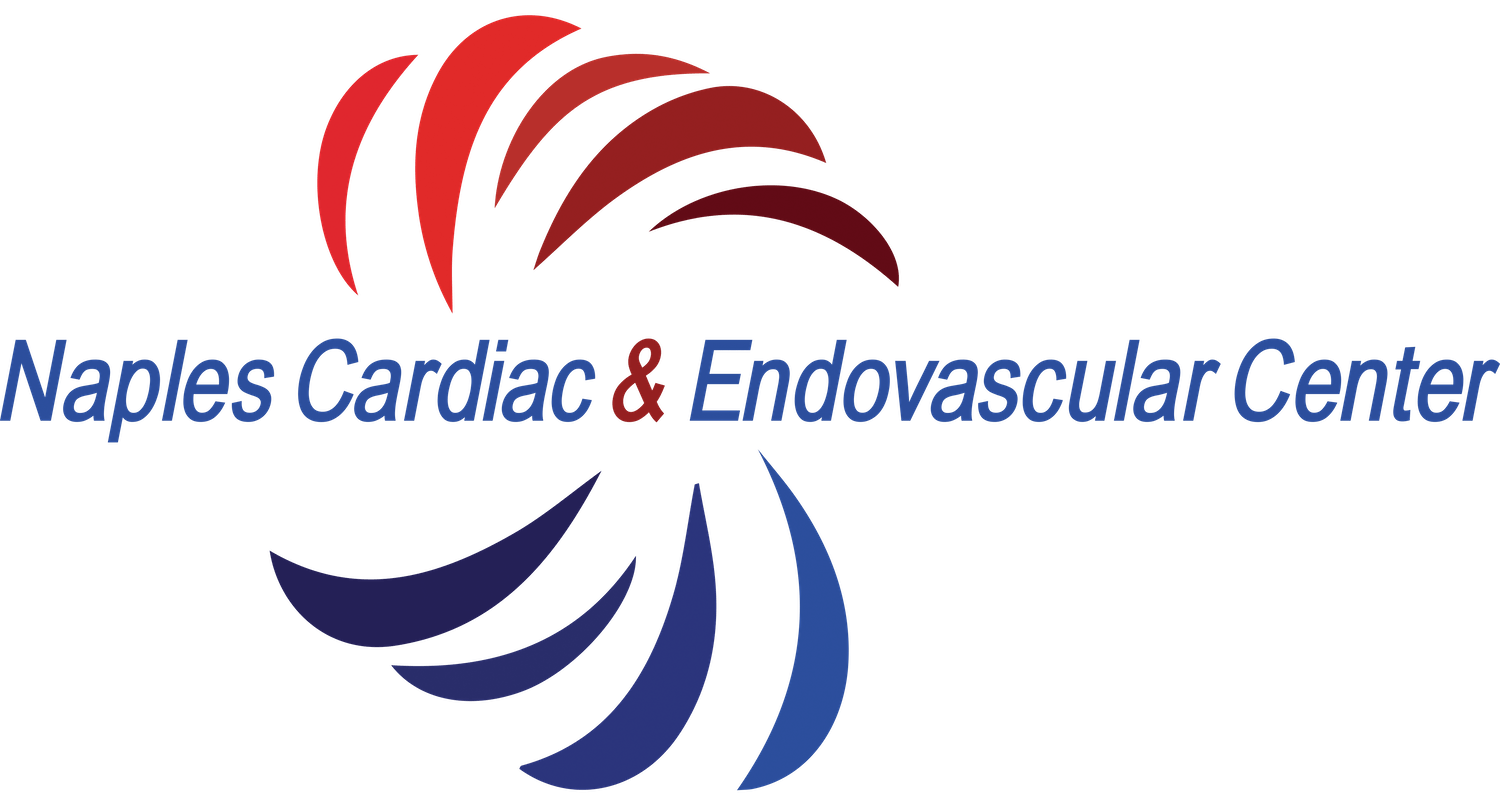The Dangers of Varicose Veins
Veins are responsible for moving blood without oxygen away from the body tissues and towards the heart and lungs. These vessels are flexible with a thin wall. In order to help move blood, the muscles of the body contract to push the blood through the vein, but there are also valves within the veins that close to prevent blood from moving in the opposite direction.
With varicose veins, either the vein wall is weak, the valves do not close properly, or both, which leads to an accumulation of blood in the vein and the swelling, twisted veins that are visible on the legs. Many factors can influence the development of varicose veins including hereditary factors, increased age, female gender, carrying excess weight, history of trauma to the veins, and constant sitting or standing.
But can these unsightly veins be more than just a cosmetic concern and become an actual dangerous problem?
To book a consultation click here or call 239-232-8528.
Symptoms & At-Home Treatments
Frequently, individuals have symptoms, other than the appearance of their varicose veins. These symptoms include muscle cramping, throbbing, heavy feeling in the legs, and swelling. Many treatments are possible before seeking care of a regular doctor or a specialist, like stretching and exercises, elevating the legs after a long day, avoidance of heat and warm environments, comfortable and well-fitting shoes, and use of compression garments.
If these modalities do not provide pain relief or symptom reduction as expected, further evaluation by a specialist may be necessary to treat symptoms to reduce complications and get rid of varicose veins.
Complications & Danger of Varicose Veins
Certain complications and dangers may exist for those suffering with varicose veins from the swelling and the pooling of the blood. The excess swelling in the legs is due to movement of fluid from the veins into the surrounding tissue. The fluid moves on a path of least resistance, moving to an area of less pressure.
This build-up of fluid in the tissues causing swelling in the legs. With added swelling, the fluid continues to move to an area with less pressure and can sometimes begin draining through the skin, as a clear or yellow color. When the skin is stretched and swollen, it does not receive proper nutrient in order to heal normally.
In the event that a scrape, abrasion, or tear in the skin occurs, it takes longer to heal. Lastly, with open wounds that take longer to heal and drainage occurring, this allows for bacteria on the skin to enter the body, causing infection.
To book a consultation click here or call 239-232-8528.
Complications of Varicose Veins
Besides the swelling in the tissues, the excess blood within the veins can also cause complications.
1.- Cut, Tear of other Trauma to the Skin
Since the veins are full of excess blood if a laceration, cut, or tear occurs into the varicose vein, this may cause a large amount of bleeding, which may take time to clot. If there is trauma to the vein without breaking the vein through the skin, a large bruise may occur under the skin.
2.- Blood Clot
The blood sitting in the widened vein doesn’t get moved around and blood that sits still, will eventually clot, there is a risk for developing a clot within the varicose vein, called thrombophlebitis. Symptoms of thrombophlebitis are typically redness of the skin with pain and firmness of the vein.
3.- Deep Vein Thrombosis
The most concerning complication or risk of varicose vein is a deep venous thrombosis (DVT), or a deep blood clot. For those individuals that have had thrombophlebitis, there is a risk for development of DVT. Symptoms for DVT are similar to thrombophlebitis, but much more severe with large areas of swelling, redness, and firmness of veins. It is important to have an evaluation is there are concerns for DVT, as a complication of DVT is a pulmonary embolism, which is when a portion of the clot breaks off and moves into the lungs, which requires emergent medical attention.
Get Help with Dangerous Varicose Veins. Call us Today.
To make the question easier as to if varicose veins are dangerous, the answer is not always, but there are some specific complications that can be serious if they are not managed appropriately. Talk to your doctor if your symptoms are not controlled with home therapies, or seek prompt attention with any symptoms that may point toward a DVT.
To book a consultation click here or call 239-232-8528.
Talk to a Vein Specialist
Speak with Dr. Julian Javier, a board certified interventional cardiologist and endovascular specialist in Naples, Florida. He will discuss your medical history, perform a thorough exam, and explain how dangerous your varicose veins are and the treatment options available and right for you.
To book a consultation click here or call 239-232-8528.
